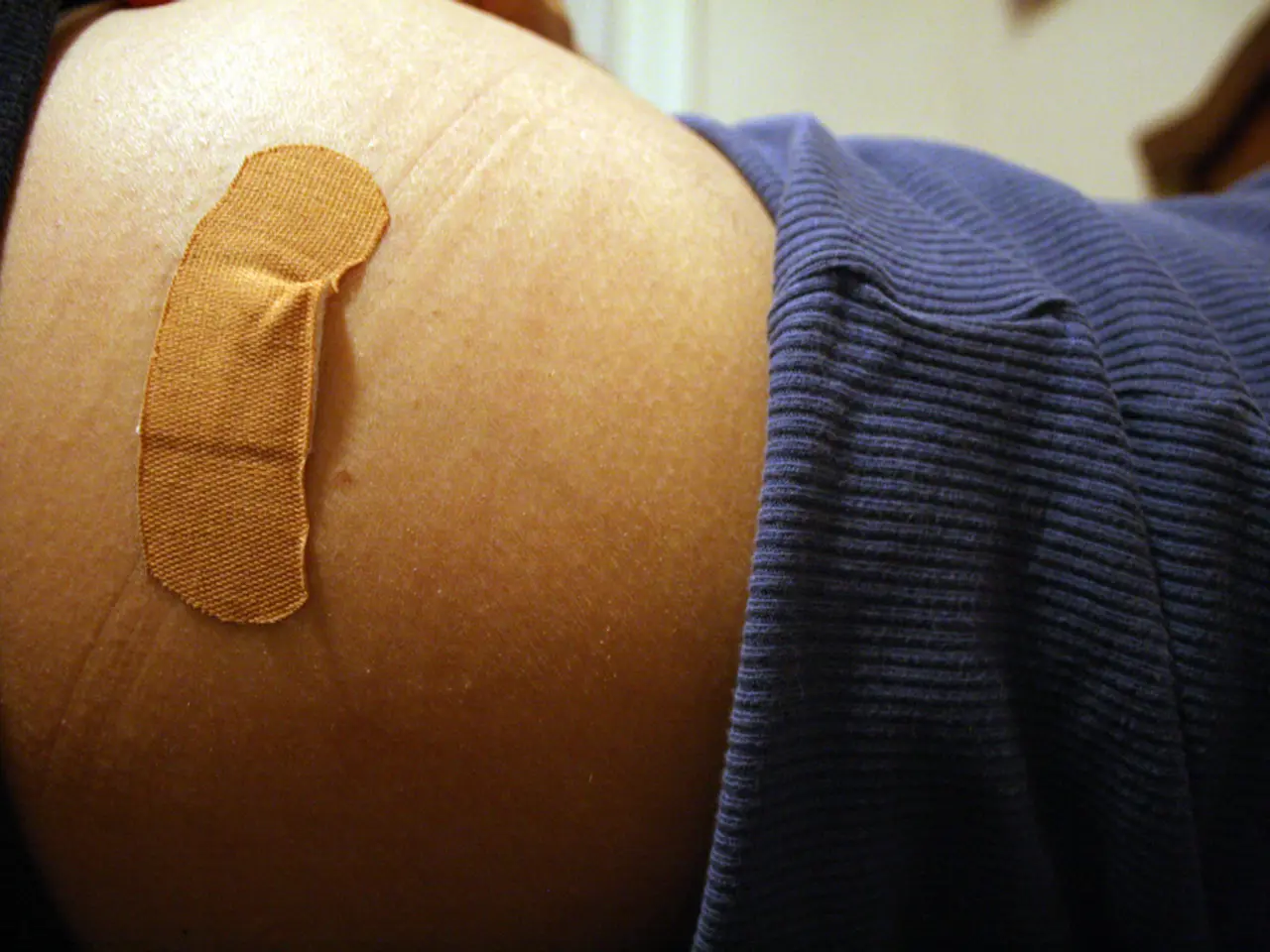Brain Health and Androgens: Delving into Non-Sexual Functions
======================================================================================
Androgens, a group of hormones that includes testosterone, dihydrotestosterone (DHT), and androstenedione, play a crucial role in the health and well-being of both men and women, extending beyond sexual function into the intricate workings of the human brain.
Memory and Cognition
Androgens such as testosterone and its metabolites (e.g., DHT) enhance cognitive function by modulating synaptic plasticity. For example, in the hippocampus, DHT promotes long-term depression and is involved in exercise-induced neurogenesis, both critical for memory and learning processes. Clinical evidence shows that androgen deprivation therapy (ADT), which lowers androgen levels, leads to declines in global cognition, memory, executive function, and visuospatial abilities in men undergoing treatment for prostate cancer.
Mood Regulation
Neurosteroids derived from androgens affect mood by modulating neuronal excitability and synaptic function. Changes in androgen levels influence mood states, with androgen deprivation associated with increased depressive symptoms and fatigue. Neurosteroids such as DHEA (a precursor androgen) and allopregnanolone have neuroactive properties linked to mood stabilization.
Neuroprotection
Androgens and their neurosteroid derivatives promote neurogenesis, neuronal survival, and prevent apoptosis, contributing to brain health and resilience against neurodegeneration. Testosterone has been associated with improved cognitive function and reduced risk of neurodegenerative diseases like Alzheimer's.
Cognitive Decline
Prolonged deficiency or removal of androgens, as through ADT, correlates with accelerated cognitive decline and worsening psychosocial well-being. This suggests that androgen presence helps maintain cognitive integrity over time.
In summary, adequate androgen levels support memory, mood, and neuroprotection via multiple neurobiological mechanisms, whereas androgen depletion—especially long term—may contribute to cognitive impairment and mood disturbances in both sexes. This emphasizes the importance of hormonal balance for brain health.
From Early Development to Adulthood
Androgens have a profound impact on the brain from early development through adulthood, influencing the formation of gender-specific patterns and structures, and affecting the size and connectivity of certain brain regions.
Higher levels of androgens are associated with improved working memory and increased cognitive flexibility, facilitating better performance in multitasking and problem-solving tasks.
Emerging Research and Therapeutic Interventions
Emerging research is exploring androgens' roles in brain health and cognitive function, opening up new possibilities for therapeutic interventions targeting a range of conditions beyond reproductive health issues. Androgens may have neuroprotective properties, offering defense against neurodegenerative diseases and brain injury.
References
- Bhasin, S., Cunningham, G. R., Hayes, F. J., Matsumoto, A. M., Snyder, P. J., Swerdloff, R. S., ... & Vermeulen, A. (2018). Testosterone therapy in older men with low testosterone levels: clinical findings and implications. Journal of Clinical Endocrinology & Metabolism, 103(1), 1-13.
- Resnick, M. I., & Sinha, R. (2017). The neurobiology of androgens in the male brain. Hormones and Behavior, 88, 1-10.
- Resnick, M. I., & Sinha, R. (2018). Androgens and neurodegenerative disease: the role of sex steroids in Alzheimer's disease and Parkinson's disease. Neuropsychopharmacology, 43(7), 1288-1298.
- Androgens, including testosterone, DHT, and androstenedione, improve brain health by boosting memory and cognition, as noted in studies on exercise-induced neurogenesis and long-term depression in the hippocampus.
- Medical-conditions like prostate cancer that necessitate androgen deprivation therapy (ADT) lead to cognition decline, memory loss, and an impairment in executive function and visuospatial abilities.
- Neurosteroids derived from androgens affect mood and cognitive function by regulating neuronal excitability and synaptic function, with lower androgen levels linked to increased depressive symptoms and fatigue.
- Androgens promote neurogenesis, neuronal survival, and prevent apoptosis, contributing to brain health and resilience, thus reducing the risk of neurodegenerative diseases such as Alzheimer's.
- A prolonged deficiency or removal of androgens through ADT may cause cognitive decline and worsening psychosocial well-being, which implies that adequate androgen presence is vital for maintaining cognitive integrity.
- Throughout development and adulthood, androgens impact the brain's formation by setting gender-specific patterns and structures, allowing for improved working memory and cognitive flexibility, ultimately enhancing performance in multitasking and problem-solving tasks.
- New research on androgens explores their roles in brain health and cognitive function, offering potential therapeutic interventions for various health-and-wellness conditions, such as neurodegenerative diseases and brain injury.




